Editor’s Note: This article is partnered with InsideTracker
Our bodies are common topics of conversation. We’re constantly offering our unsolicited opinions of them.
“Have you gained weight?”
“You need to eat a burger.”
“You look [insert adjective that the receiving party does not want to hear and/or is not mentally ready for]”
I bet you’re nodding right now. Why is it normal for human beings to be so critical and to speak so freely, so unapologetically, of other people’s bodies? This has become even more prevalent in the world of athletics, particularly running, and has unfortunately helped fuel a community of unhealthy habits, body image issues, and insecurities. Look good, feel good, right? Well, perhaps that’s where we’ve gone wrong.
What this stereotypical body cataloging doesn’t do is take into account the internal state of a person. Our mental, physical, and physiological wellbeing can be vastly different from what meets the eye. This is often overlooked by the opinion givers but it is also overlooked by us. This appearance-driven mindset has trickled down to infiltrate minds. We take what we look like in mirrors and selfie-stick photos and use it to offer ourselves a false sense of health and accomplishment. From the individual up to the community, we need to shift the focus from the external to the internal. What’s going on inside us strips us down to our core; we can’t hide from it. And the number of likes you get or abs you can see won’t change it. It’s time we stop hiding from ourselves and take control of our health.
Optical Illusions
I ran White River when I was a newbie trail runner. I was still figuring it all out. I was nervous at the start line and ran out fast. As I led the race, I developed a following — an older man in his car. This is what I heard: “Yeah, Big Girl!”
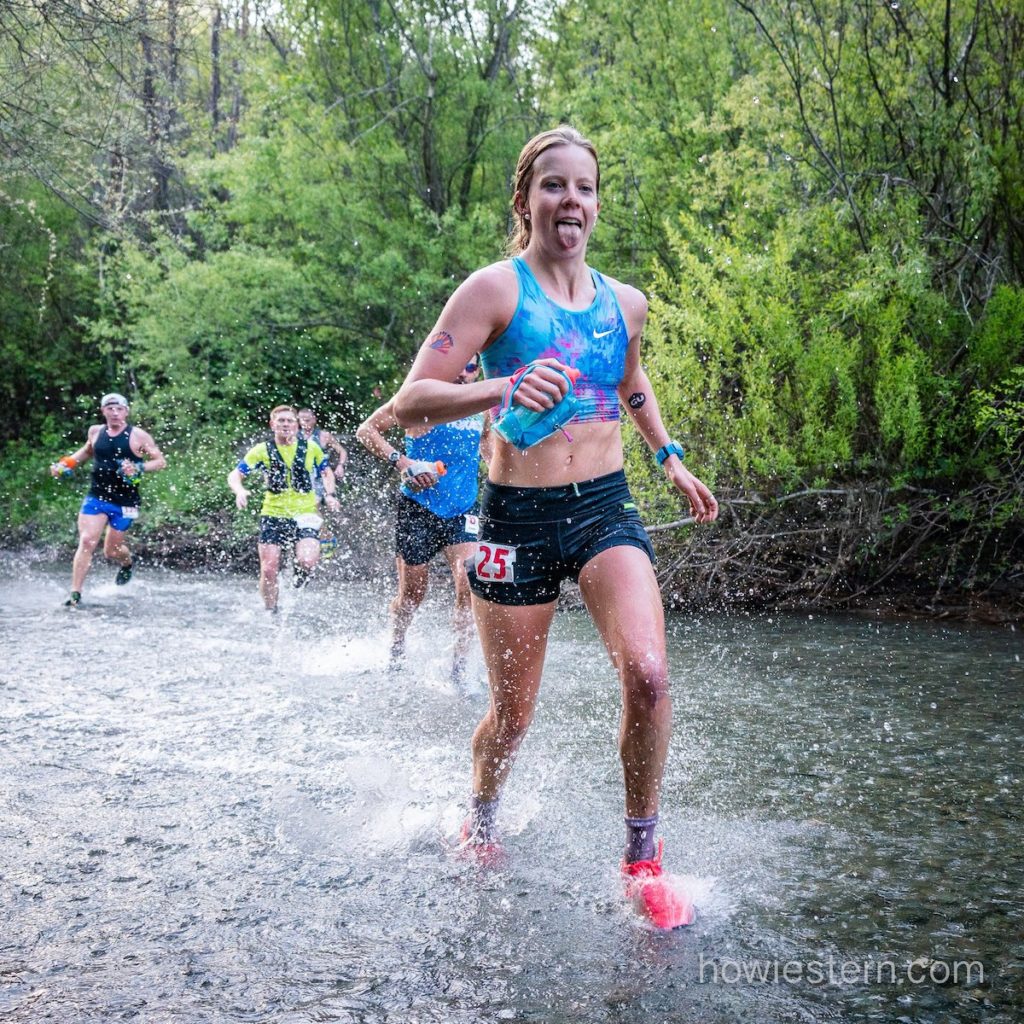
My stomach dropped. I grinned, laughed, and played it off as good fun. I had been given a pet name by a stranger, one that he felt was very clever, one that he felt I should be honored to have, and I pretended it was fine. It wasn’t fine. I won that race, but inside I wasn’t very healthy. I was constantly battling myself and under-nourishing my body. But what got pointed out to me that day was that somehow, after all I had gone through to get there and how well I ran, I was whittled down to two words. Two years later and after another big ultra-marathon win, I met this same old man again. He felt the need to tell me, “You’re not so big anymore, Big Girl.”
I am not writing this as a pity story. This is trivial compared to much of the world, and for that I am grateful. However, I am writing this to emphasize a point and to hopefully elicit change in the athletic community. I’m 5’11. I will always be somewhat of a “Big Girl.” Actually, compared to a 3-year-old, we are all “Big Girls.” It’s all about perspective. I laugh now because I have come to realize that other people’s opinions don’t define me. But what I don’t laugh at is how prevalent this is in the sport. How we feel entitled to comment on bodies without asking about the person inside. I was a tormented little 22-year-old girl winning one of her first ultras, and I was given an unsolicited pet name. Two years later, more successful, but still slightly tormented, I was again reminded of that pet name. Two different races, two different mental states, and all that was commented on was how I looked. I wasn’t asked if I was doing okay, if I was feeling healthy, if I was fueling well, if I was happy. Most people don’t want to know the answers to those questions. Those questions are intrusive and require far too much compassion and commitment. They like the version of you they create in their heads. The optical illusion.
Black and White Photograph
It turns out that I liked the optical illusion as well. Living in this society, we are trained to ignore the hard questions. However, over the years, I’ve started making myself answer them. To answer truthfully, I’ve had to stop comparing myself to others, and to train and live in a way that is good for me. No one ever took away a first-place trophy because someone was too heavy or had slower runs on Strava. When you stop comparing yourself to others and instead start critically comparing different versions of yourself, you may start to hone in on your best self. Your best self does not have to be like anyone else. It comes from nurturing your body, treating yourself with compassion, and training at an intensity that allows your body to strengthen and perform. Your best self comes from critically acknowledging your flaws and shortcomings and tackling them head on. Taking a snapshot of your inside is very black and white, and if you don’t ignore it, can help you find your optimal performance.
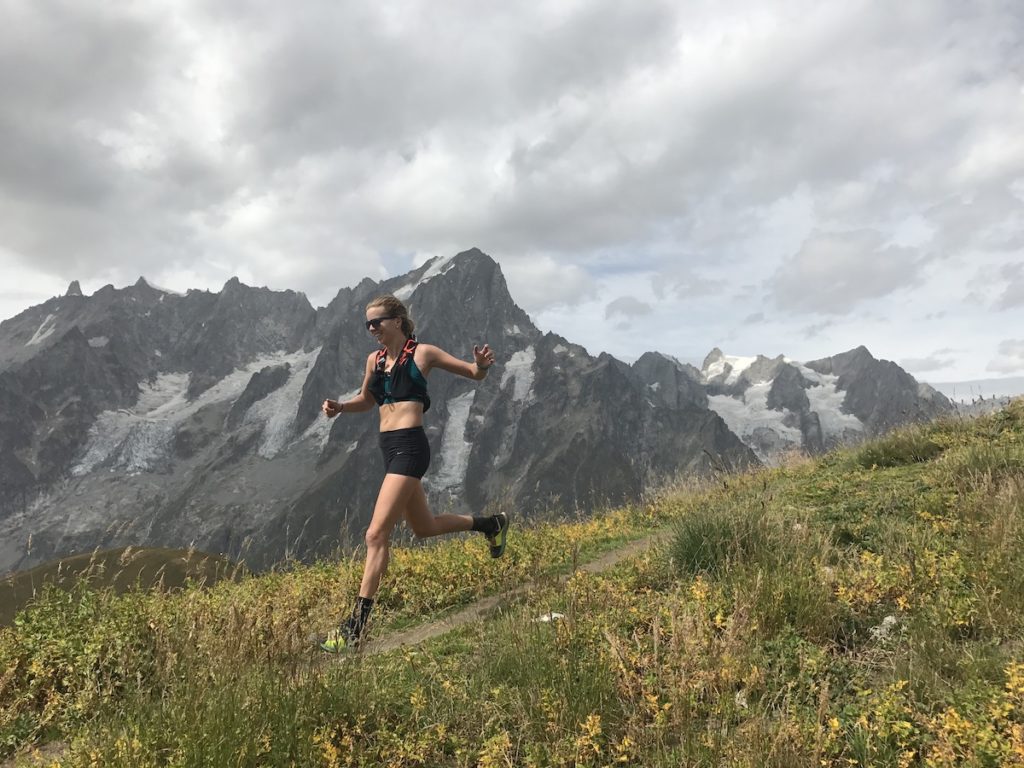
Unfiltered
InsideTracker helped me face my flaws by highlighting blood biomarker levels that were extremely unhealthy and detrimental to my training. Even though I feigned surprise at the time, it all made sense. I was over-trained, malnourished, and extremely tired and unhappy. This showed up in my cortisol levels, female sex hormone levels, muscle damage markers, and iron levels. I couldn’t ignore what I was feeling anymore, so instead I got to work. Four years into my relationship with InsideTracker and I still don’t have it all figured out, but I’m sure trying. The photograph I received wasn’t very pretty, it was completely unfiltered, but it finally gave me the strength I needed to change. It can give us the strength we need as a community to face ourselves and prioritize our health.
Health-Colored Glasses
We all will look wrinkled and overly hairy when we are older. It won’t matter what you looked like at the start line 20 years ago, but rather how you treated your body. We’ve all seen the sparkle found in the eyes of the healthy. We should be commenting more on that. More on the presence of life, of joy, of health, and less on external appearance. We should see each other through “health-colored glasses.” We should be celebrating the sparkle. That’s what should define us.
Sparkle and shine
I challenge you all to start viewing yourselves and each other through a less critical lens, and instead celebrate what makes you unique, seek to understand your weaknesses, and prioritize your individual health. The next time you are given an unsolicited pet name, compliment, or criticism, look at them with your sparkling eyes wide and let your inner truth shine.
Take Control!
InsideTracker is an ultra-personalized nutrition and wellness platform that analyzes data from your blood, DNA, and lifestyle to help you optimize your body and reach your goals. Take control of your health and wellness with the Ultimate Plan, their most comprehensive package at InsideTracker.com Get 22% off with the code: TRAILSISTERS



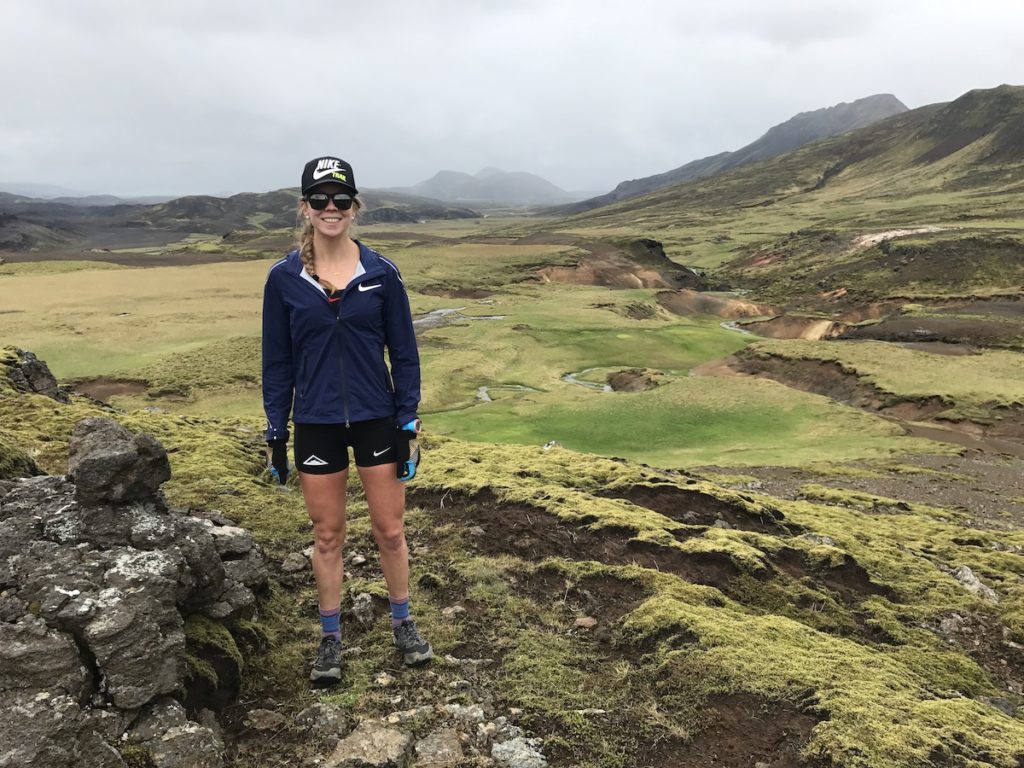
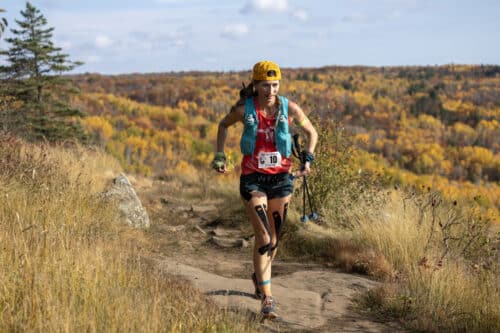
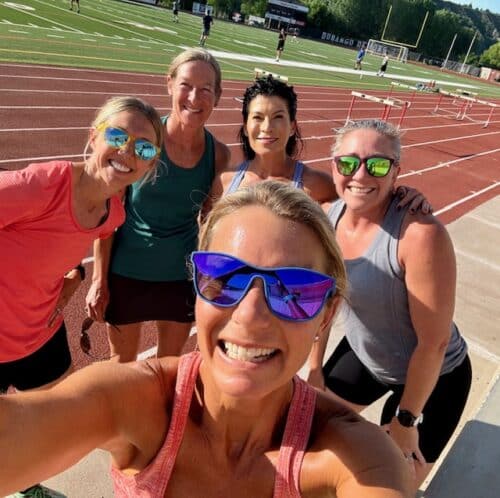


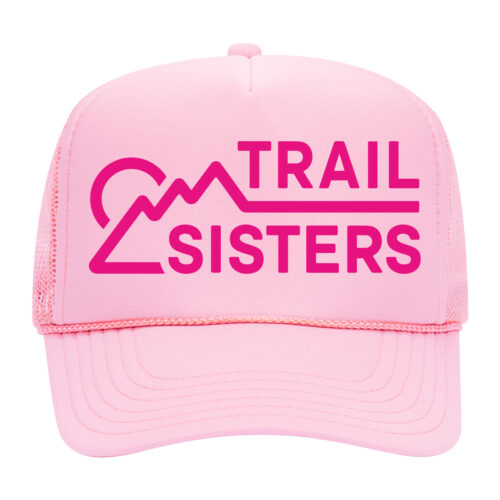
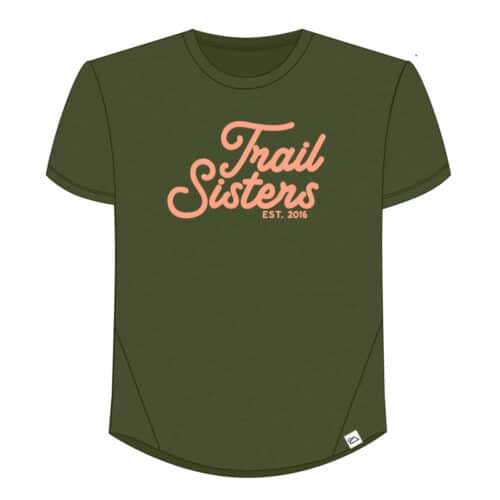
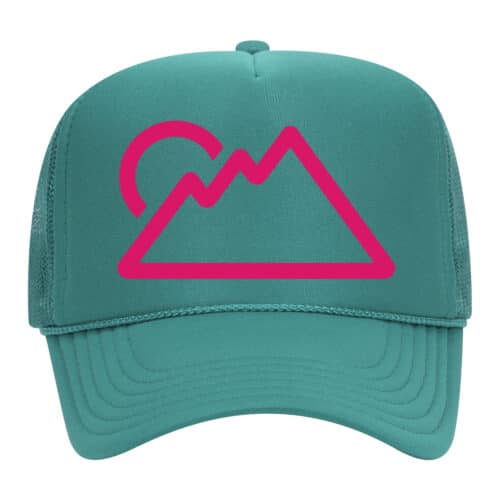
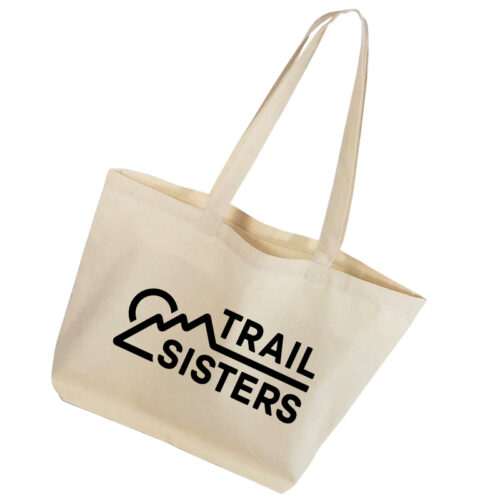
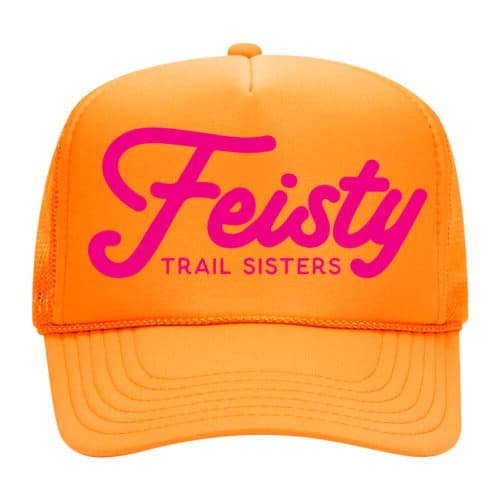
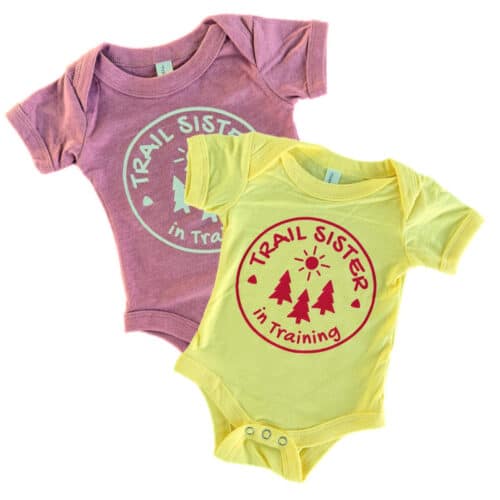


4 Responses
As a runner who is slow, with big muscular legs, I often have to actively tell myself (out loud!) that my body type is welcome in the running world, that my muscles protect my joints from injury and that without them, I would not be ME. But it is a journey and some days I do it better than others. We are all susceptible to self ridicule and at least I can say now, at age 41, and with the help of forums of supportive women like TS, I feel much more resilient and able to model “good self talk” to my daughter in the hopes that she too will consider her muscles and strength a benefit and not a negative as she grows into her active body. As a big-legged girl, I appreciate the candor of the author and for her sharing this commentary with the group.
Rachel, thank you for your response. It is really important to those of us who “don’t fit the runner mold” to hear stories from others and reinforce that there is a place for all on the trails- slow, fast, old, young, svelte, hefty, out of shape, prime shape…. and to seek those who support and avoid those who can’t.
Sarah B
It took me to be 50 to start running. I have huge boobs and now that I’m 50 I don’t care what people think. I wish I had felt that way at 20. Such wasted potential.
It’s awful to be reduced to your physical appearance when we are so much more than that! All your achievements somehow become almost meaningless when a [stranger, family member, colleague] plasters a BIG GIRL sticker over the top of all your triumphs. Also awful when people say “You look so SLIM! Well done!” like your whole aim in life should be to be slim?? You’re a success because you’re slim, and none of your other achievements match up to this??
P.S. Interesting note: Where I’m from (western QLD, Australia) Big Girl is an often-used pet name for any girl or woman. It’s very rarely used as a negative term describing her body, more like a familiar and affectionate term. I guess it kinda loosely refers to a big personality?